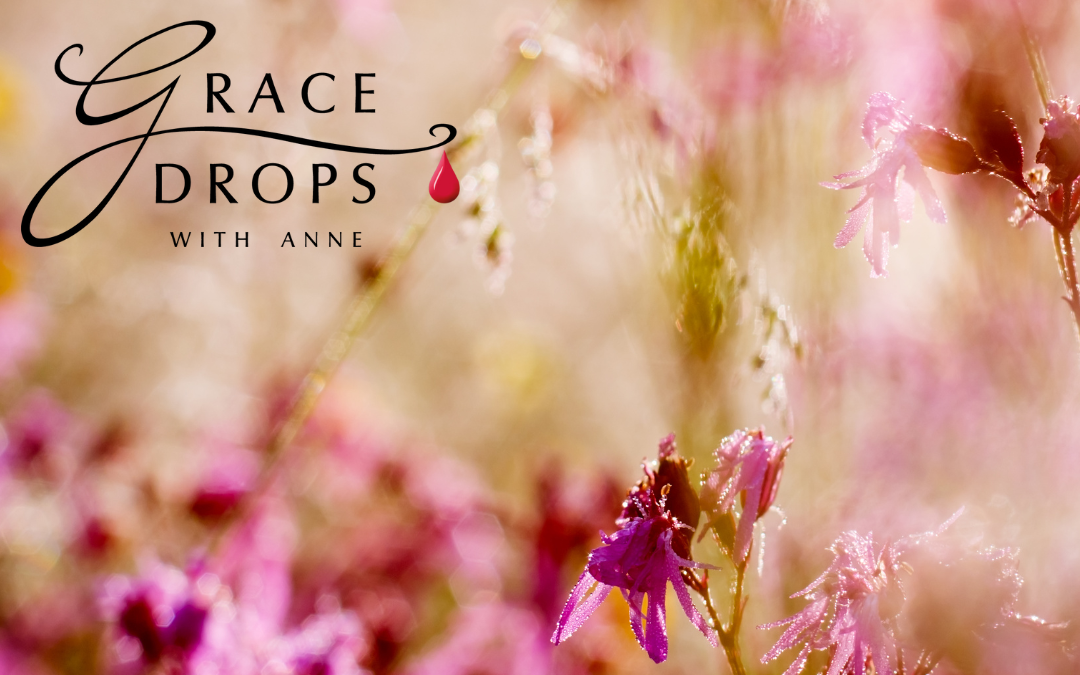Some people, on the verge of retirement, look at the nest-egg they’ve put aside and realise they are going to have to economise in previously unthinkable ways. So they withdraw their money and stake it all on a sure-fire, high-yield, gilt-edged scheme that promises a phenomenal return on investment. It might be the only time in their lives they’ve ever seriously gambled and it doesn’t go well.
Retirement is a threshold. Ordinary people transition into a period where they have more time for relationships, for building the Lord’s kingdom, confident—if they’re wise—they’ll have sufficient money not to be a burden on anyone. Their prior ‘tent-making’ has given them a measure of freedom.
So a devastating loss in these circumstances means a return to the work force—not to mention a waste of decades of saving.
Such a gamble is just one way we can self-sabotage our prospects and jump into the arms of the spirit of wasting. It doesn’t have to be retirement, of course. When we’re tempted to inappropriate risk-taking with resultant savage losses, we’ve chosen complicity with wasting. On the other hand, when we’re so fearful of risk we cannot bring ourselves to step out in faith, we have also made our bed with wasting.
Not enough patience can destroy our calling. But so can too much patience. Too much and we’re apt to do the very thing mentioned as the problem in the last session: sit still, do nothing, camp in one place, watch the cloud move on and decide, instead of following it, to wait until it returns. Even if it takes years. We delude ourselves we’re waiting on God, just as Israel did in their alliance with Egypt—Rahab, the Do-nothing. Actually, we’re just waiting. Pretty much like the depressing characters in Samuel Beckett’s play, Waiting for Godot. We’ve found our safety zone. It may not be all that comfortable—we may suspect it’s not the genuine rest promised by the Lord—but we’re sufficiently at ease not to want to move.
And the stranglehold of the spirit of wasting on our lives is largely of our own making. It happens when we get to the end of our faith and we don’t ask God to supply more, we try to produce it ourselves. We’ve reached the limit of our trust in Jesus but we don’t ask Him to build trust where we lack it, we try to construct a bridge of our own.
It’s His work we need, not our own. And that’s the problem. When we cannot take another step further because all trust is exhausted—exhausted to the point we can’t even ask for help—how can we free ourselves of wasting?
We begin by acknowledging our lack of trust. And then like the father who had reached the end of his faith and was at a pagan shrine seeking a cure for his son, we ask, ‘Help my unbelief!’
This is Grace Drops and I’m Anne Hamilton. May the Lord shake your comfort zone of faith.
Thank you to Lorna Skinner of www.riversofmusic.co.uk for the background music.

To deal with the spirit of wasting, you first need to be able to overcome the spirit of rejection. To learn how to master it, see Dealing with Azazel: Spirit of Rejection is available as a paperback.In addition, understanding false refuges is the single most important step towards dealing with the obstacles barring you from coming into your calling. Hidden in the Cleft explains false refuges in more detail and is available as a paperback or an ebook.

